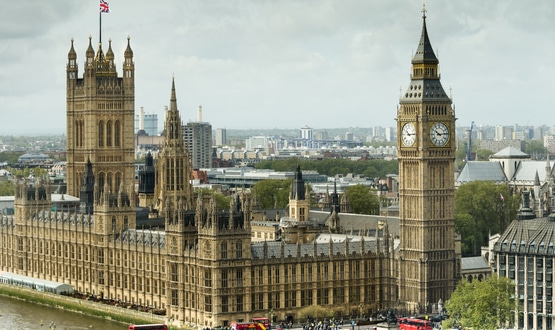NHS Digital slammed by MPs for refusing to stop sharing patient data
- 28 March 2018

Seniors members of NHS Digital have been criticised by a committee of MPs after refusing to stop disclosing patient data to the Home Office.
Chief executive Sarah Wilkinson, along with NHS Digital board chair, Noel Gordon, were questioned on 15 March about the memorandum of understanding (MOU) between the organisation and the Home Office and Department of Health, which came into effect in January 2017.
The MOU allows the Home Office gain access to patient data for the purpose of tracing immigration offenders and vulnerable people who may be at risk.
This means NHS Digital can be asked to hand over non-clinical information, such as data of birth or last known address, to the Home Office. This has been widely criticised, prompting the inquiry by the Health Select Committee.
Criticism mainly centred on concerns that the MOU may put patients off accessing healthcare and affect public trust with regards to the NHS.
Wilkinson, who has previously served as the Home Office’s chief technology officer, told the committee that the agreement with the Home Office was legally “water-tight”.
She also confirmed that NHS Digital would continue sharing data with the Home Office until there was strong enough evidence to suggest otherwise.
Chair Sarah Wollaston said the organisation’s response was “dismal”.
“I think you have been told very clearly by Public Health England that there is a risk,” she added.
“Why would you not apply a precautionary principle on this and at least suspend data sharing until they [Public Health England] have completed their review?
“You have established that it is perfectly within your powers – you do not have a legal obligation, you have a legal power to share this – but it doesn’t necessarily mean that it is the right thing to do.
“And as I say you are an organisation that the public need to have absolute confidence in, will respect and understand the ethical principles behind data sharing, but you have not shown us at all that this is part of what you are considering.
“It is simply not good enough.”
In response Wilkinson said NHS Digital has ‘not been told clearly by Public Health England that this data sharing impacts community health seeking behavior’ and added that the body does not have ‘clear guidelines’.
During the hearing, Gordon also confirmed to the committee that NHS Digital’s role is to be “guardians of patient data”, though the organisation does have an obligation to provide information on potential criminals to the Home Office.
Wilkinson added that NHS Digital has “very carefully assessed this particular request” to share address patient data and confirmed there was no other data sharing agreement in place to compare the MOU to.
“We have looked extremely carefully at the need to do this,” she added.
A report on the committee’s findings is expected to be published.
Digital Health News has contacted NHS Digital for a comment.
Digital Health News has previously reported that the national data guardian will also scrutinise the data sharing agreement.





1 Comments
Surely its breaking the data protection act, using information for a different purpose than that which it was collected for. Simply abusing the trust of patients.
Comments are closed.